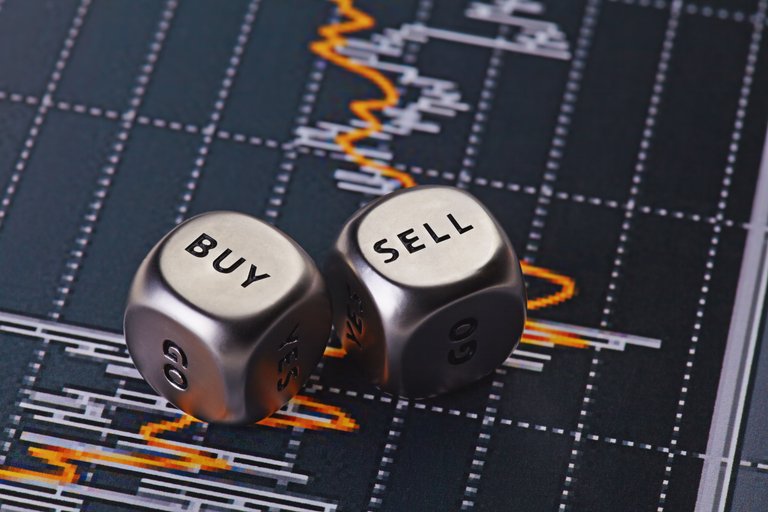
If you're new to trading, chances are you've found thousands of new terms you don't understand. Or, maybe you're a trader who's focused in one area and you haven't gone outside of your comfort zone. Either way, terms are difficult to learn at first, and it gets complex sometimes, so let's break forex down to its basics. Forex stands for foreign exchange, and it's where different currencies are exchanged. Yes, Bitcoin's part of the forex market! This is especially important, because most businesses will only accept their local currency; if you go to Russia and try to offer a vendor 1 dollar, the vendor's not going to accept that; he'll want payment in rubles. You'll have to go to exchange your currency, which is part of the forex market- if you've ever gone to another country, you've had to do this- it's inescapable! This also leads to the reason why forex is such a large market.
It's huge, it's ubiquitous!
Forex is much larger than many markets- in fact, it is larger than the stock market by volume per day, which is impressive by itself (the BIS reported the Forex market exchanges 5.3 trillion dollars a day)! With this much volume, Forex is the most liquid market of them all, and you can buy and sell when you like, whenever you want to. High volume also means no single person or group can corner the market, nor can banks(for a long period of time). Forex is also an oddity, as there is no central exchange, but rather multiple ways to do forex, the most common being online, thousands of times a second. This means forex will virtually never be offline, and will always occur at some time. This means when trading time ends in Russia, for example, it'll begin in the next time zone. With this many people daily, prices will vary from day to day, although for the most part prices will be stable.

Forex vocabulary
As the list we've provided is pretty long, we'll provide you with the basics that you really need to take off, excluding things like buy orders that are self-explanatory. We've also included examples, so if anything is confusing, you can get an idea of what it means.
Of course, if you're a new trader or interested, you'll need to know basic vocabulary. A large list can be found at http://www.investopedia.com/categories/forex.asp, but as terms change virtually every day (as you've seen with even brexit), make sure to double- and triple-check your terms to make sure you know what you're doing, so as not to make mistakes.
Currency Pair
Two currencies being traded for each other
Ex: AUD and CAD
Spread
The difference between the buy/bid and sell orders.
Ex. Buy orders of T$ reach 1, sell orders are at 1.30. Therefore the spread would be .30.
Pip
The smallest unit on the forex market.
Ex. The Japanese Yen's pip is the second digit from the decimal point.
Forex is a confusing place, but this guide should serve you long after your beginner days, should you choose to venture into Forex. Have fun, and we wish you profit!
Excellent, i like it.